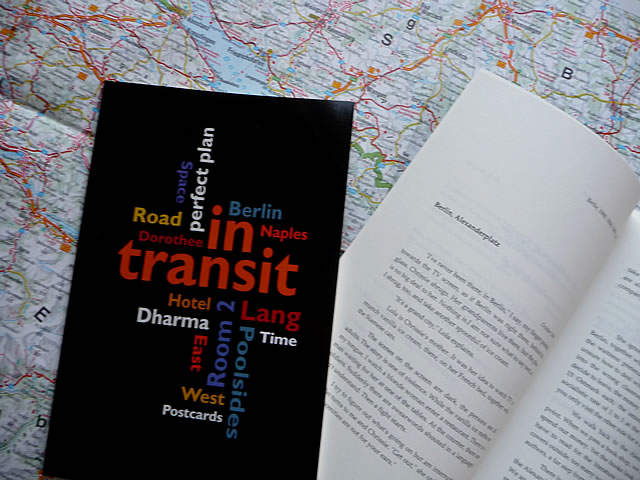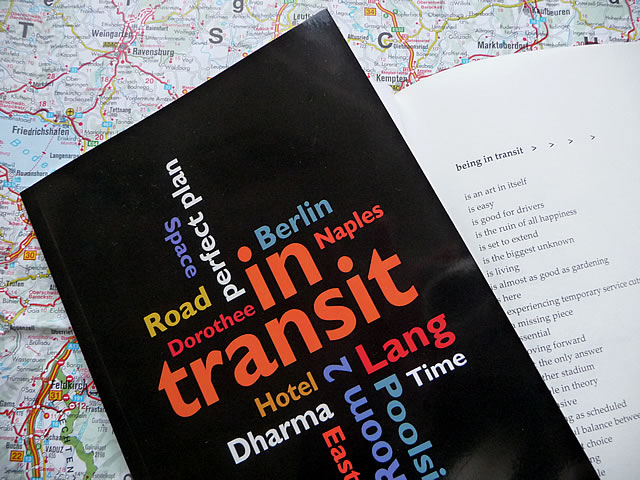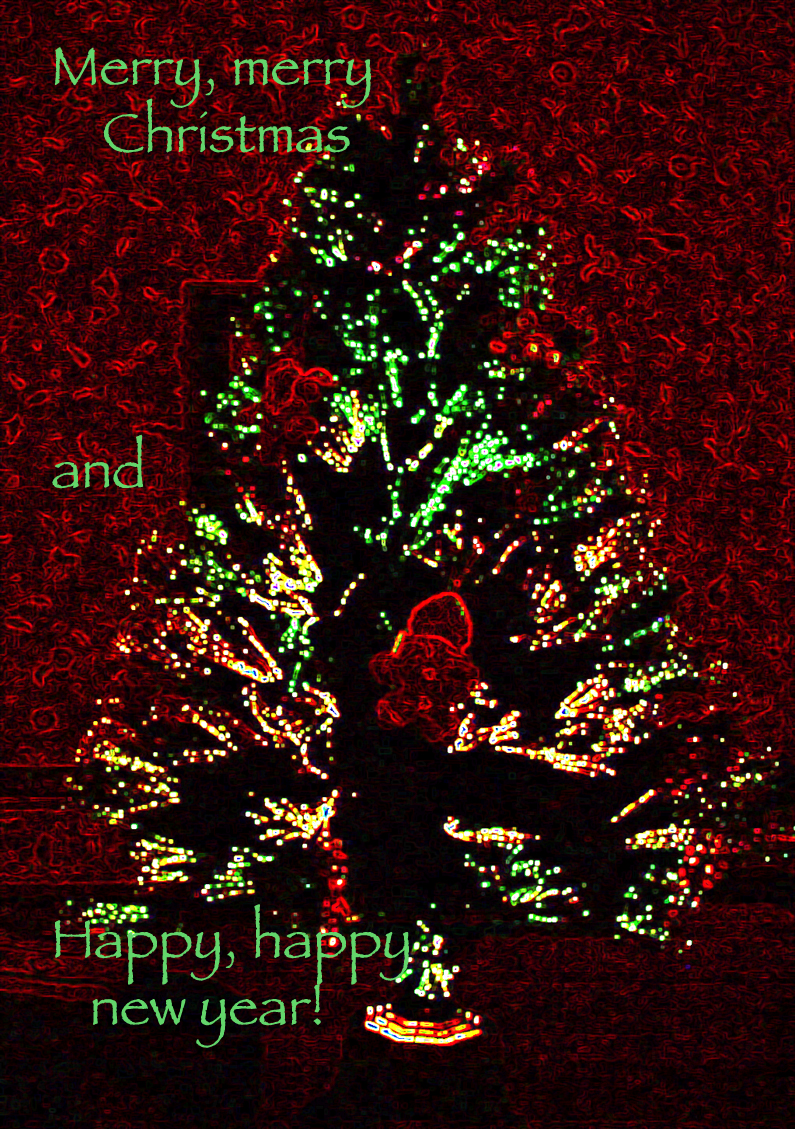(This post originally appeared in January, 2011 at Nothing to Flawnt in my gastarbeiter appearance on that weblog, with thanks to Marcus Speh.)
Yes, thank you, yes, yes!
The writer’s dream come true. Graciously accepting congratulatory comments from his peers on his latest published piece. But what did it take out of him to get here?
Like a new mother forgetting the agony of childbirth when she holds the new babe against her breast, the writer doesn’t look back at the years of rejection slips, the miscarriages of writing.
We found your work not quite a fit/not suitable for our journal/REJECTED.
Most writers really started back in grade school. Patted on the head and encouraged by teachers and of course, a mother who loves every word. Sometimes there are years in between bouts with the muse but at some point we decide to take it seriously. Put some effort into it. Submit. And that’s where reality hits fiction and the pain of rejection adds layers to character.
Many years ago–at that particular moment when lightning struck which I mistook for that “time to get serious” sign–I did some research. Armed with a handful of short stories and many, many poems, I hit the track. Of course, back then it was all printing out, cover letters, envelopes (two–one the dreaded SASE) and postage. I went through Duotrope and selected what I thought were among the “upper echelon” of literary journals, those found in the campus library: Glimmertrain, Ploughshares, Prairie Schooner, the college reviews. Twenty of the best. Those that regularly published the latest Joyce Carol Oates. Back then, I strictly obeyed the “no simultaneous submissions” warning.
And waited. And waited. And waited for some kind of response.
These days, with online submissions the norm, it is so much easier to submit. Cheaper, too. In truth, I feel for the editors who must dread in some ways just knowing each morning that though there may be a pearl in the onslaught of words, there is indeed that onslaught that the ease of submission has opened up.
Over the years I’ve learned a bit more about the system of submitting and the one thing that was always stressed, the same thing that out of ego but more, out of impossibility due to lack of funds we tended to ignore, was to subscribe to a magazine in order to find out exactly what it sought by way of writing. Well, you can only afford so many magazines and you can talk yourself into thinking you fit.
One of the best moves I’ve made was joining the wonderful community of writers at Fictionaut. It did, of course, open some doors and make some amazing friends that are so supportive of each other that a writer need no longer feel alone and small. Better yet, it revealed the different styles of contemporary fiction and poetry writing and what was being sought by the journal editors. Not only do the links make the magazines easily accessible online, it offered samples of the editor’s writing! What better way to see exactly the tone, style, voice, topic, etc. that an editor looks for in selecting, than to see what type of writing he/she presents? That in itself was invaluable and beneficial to both sides; less head banging and less reading of incredibly mismatched submissions.
Another thing that such a community of good writers can offer (besides some critique if requested) is the opportunity to learn by reading and writing. I know that personally, the work of my friends has had a direct impact on my own style of writing. I find it easy now to write a story in relation to either a theme or a word count. A word count! Something I just couldn’t comprehend as relative to story at all!
While I’ve gone off into different directions in my own writing and have wandered into hypertext, flash, and code, I see these same explorations into new media brought about by the internet and the computer by the magazines and by the writers and artists. Marcus Speh has dabbled in hypertext narrative. As have Dorothee Lang (editor, Blue Print Review) who has taken it further into combining story with visuals. Meg Pokrass has found a niche in taking advantage of Xtranormal, a free animation program on the web and has combined story with audio/visuals with expertise and her inimitable flair. There are more and more venues willing to accept the new media form of writing that an online presence can offer that traditional print form never could.
So yes, life for the writer has changed. The narrative, the methods, the writer himself, as always, adjusts and expands to fulfill both the reading audience and that inner need to be read. There is indeed life after rejection; all I needed to do was grow into it.





 The Lost Children: A Charity Anthology
The Lost Children: A Charity Anthology